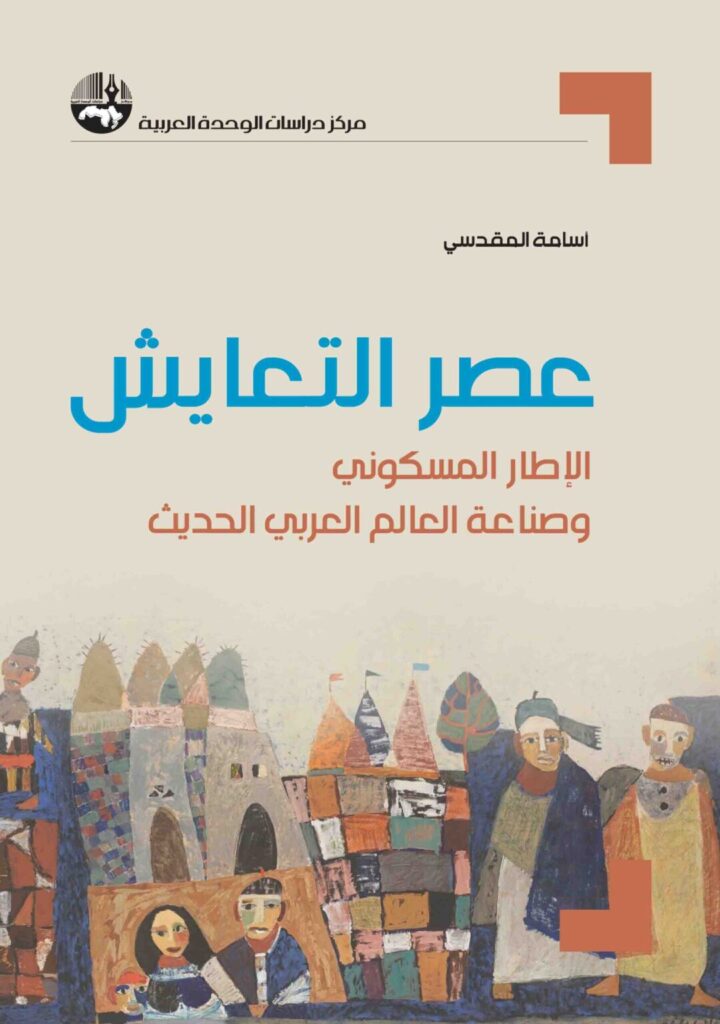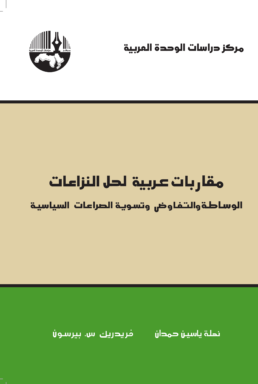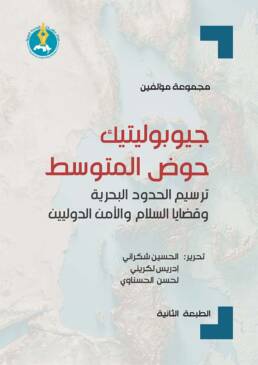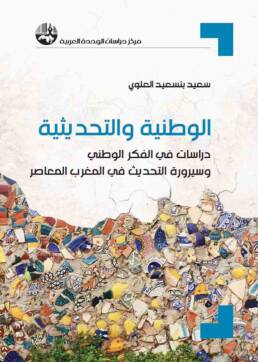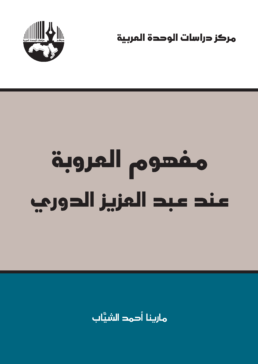Age of Coexistence: The Ecumenical Frame and the Making of the Modern Arab World
Price range: 10 $ through 16 $
Price range: 10 $ through 13 $
AuthorUssama MakdisiDate30/11/2024No. of Pages304EditionFirstISBN9786144983072E-ISBN9786144983089
| Weight | 0,460 kg |
|---|---|
| Dimensions | 24 × 17 cm |
| Product Type | Electronic, Paper |
The Center for Arab Unity Studies has published the book Age of Coexistence: The Ecumenical Frame and the Making of the Modern Arab World by Dr. Ussama Makdisi.
This book explains how the modern culture of coexistence emerged in the Arab East under the Ottoman Empire in the nineteenth century, and continued after the collapse of the Ottoman Empire, when the European colonial powers repeatedly sought to exploit the rich, diverse, and ecumenical religious, ethnic, and cultural diversity of the Middle East to weaken and dismantle the region and thus control its fate and future. These colonial powers worked to divide the region and encouraged local tyranny formed according to their whims; they also encouraged the great lie that our region is inhabited by the problem of chronic sectarianism, ignoring the region’s real exposure to geographical, cultural, epistemological, and political distortions, in which European and American imperialism played a fundamental role.
But to tell this history of coexistence as history – not as fantasy, or wishful thinking, ideology, problematics, or self-loathing – we must be able to accept contradiction and imperfection. We must honestly face the Islamic, Ottoman, and Arab past as it was, not as we want it to be. We must understand why in the modern age we have resorted to romantic narratives of bygone golden ages. But to do this serious historical work, and to make it meaningful for any project of liberation, we must first shed inherited colonial notions of our inferiority to a West that has turned itself entirely into a myth.
Add a review
You must be logged in to post a review.
You May Also Like
Arab Approaches to Conflict Resolution: Mediation, Negotiation and Settlement of Political Disputes
Price range: 10 $ through 16 $
Geopolitics of the Mediterranean Basin: Delimitation of Maritime Boundaries and Issues of International Peace and Security
Price range: 10 $ through 14 $
Nationalism and Modernization: Studies in Nationalist Thought and the Process of Modernization in the Contemporary Morocco
Price range: 6 $ through 10 $
The New Masters of the World: Globalization, Thieves, Mercenaries and the Dawn
Price range: 5 $ through 10 $Talks and Correspondence of Ajaj Nuweihid: The Arab Movement (1905-1933)
Price range: 12 $ through 19 $
Iraq after the Invasion: From Fragmentation to Rebirth and Reintegration
Price range: 7 $ through 11 $
Arabism from the Perspective of Abdul Aziz Douri
Price range: 5 $ through 8 $

